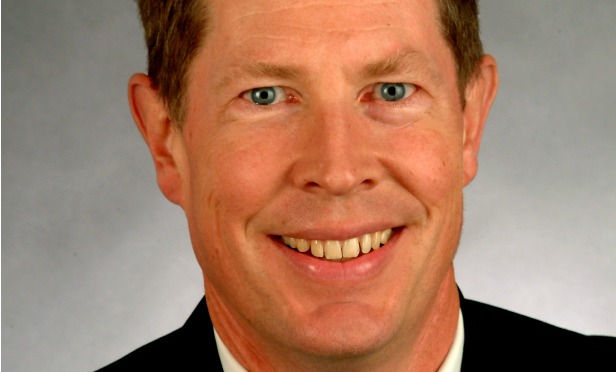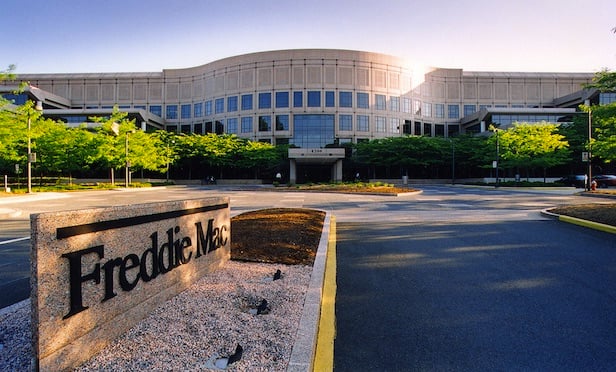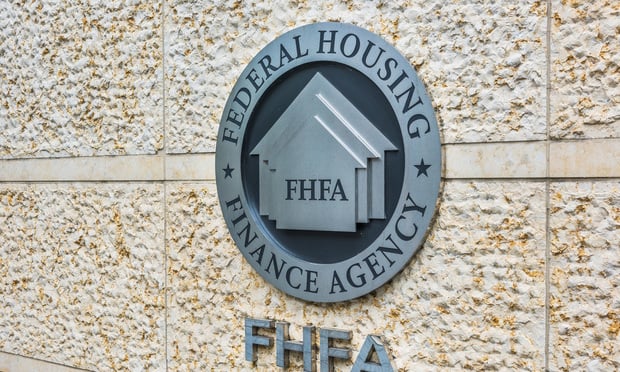
LOS ANGELES—Real estate finance attorneys are looking ahead at ways to create efficiencies in real estate finance law. Kathleen Smalley, a partner at Locke and Lord, made an argument for uniformity of finance law. Steve Lieske, a partner at Allen Matkins, is not convinced of the need for uniformity of finance law, but has made the case for more standardized loan documents. Lieske says that standardizing loan documents is more achievable and will have an immediate impact. To find out more about the need for standardizing loan documents and how that would happen, we sat down with Lieske for an exclusive interview.
GlobeSt.com: Why do you think that we should create a standard set of loan documents?
Steve Lieske: There is a tremendous amount of time wasted negotiating loan documents. It is very formulaic and people are fighting about the same set of issues in every loan document, and we know exactly how the negotiations are going to play out. A more practical way to go is to create standardization among loan documents. This would be attainable in a shorter time period and it would have an immediate impact. When I look at where loan documents would go over the years, it is frustrating.
GlobeSt.com: Who would or could lead the charge to standardize loan documents?
Lieske: It would have to be some type of a trade organization that would create the documents and propose them to the industry. Before that task would be undertaken, you would have to have some conceptual buy in from a significant number of lenders. Theoretically, once people start using them with success, then more folks would by into it or borrowers would insist upon using them. Potential organizations that could do this would be CREFC or the Mortgage Bankers Association. I am a real estate lending guy, so those are the organizations that I associate with. There are some trade organizations that would push this.
GlobeSt.com: Has anyone made an effort to standardize loan documents in the past?
Lieske: There have been some efforts in this regard. A few years ago, there was a group called the Capital Consortium, and they attempted to put together a set of standard loan documents. You do see vestiges of that in loan documents, particularly in the CMBS world.
GlobeSt.com: Are there standardized documents in other legal areas?
Lieske: There was an effort in this regard with respect to legal opinion letters, and what we call the 'accord' opinion was created. The theory was that the opinion letter would incorporate by reference the opinions of the accord. Everyone agreed and said that this was a good idea, and then no one used it. Everyone hated it. So, I think that to do something like this, there would have to be buy in from some critical mass of lenders to say that they will use them if the documents were prepared.

LOS ANGELES—Real estate finance attorneys are looking ahead at ways to create efficiencies in real estate finance law. Kathleen Smalley, a partner at
GlobeSt.com: Why do you think that we should create a standard set of loan documents?
Steve Lieske: There is a tremendous amount of time wasted negotiating loan documents. It is very formulaic and people are fighting about the same set of issues in every loan document, and we know exactly how the negotiations are going to play out. A more practical way to go is to create standardization among loan documents. This would be attainable in a shorter time period and it would have an immediate impact. When I look at where loan documents would go over the years, it is frustrating.
GlobeSt.com: Who would or could lead the charge to standardize loan documents?
Lieske: It would have to be some type of a trade organization that would create the documents and propose them to the industry. Before that task would be undertaken, you would have to have some conceptual buy in from a significant number of lenders. Theoretically, once people start using them with success, then more folks would by into it or borrowers would insist upon using them. Potential organizations that could do this would be CREFC or the Mortgage Bankers Association. I am a real estate lending guy, so those are the organizations that I associate with. There are some trade organizations that would push this.
GlobeSt.com: Has anyone made an effort to standardize loan documents in the past?
Lieske: There have been some efforts in this regard. A few years ago, there was a group called the Capital Consortium, and they attempted to put together a set of standard loan documents. You do see vestiges of that in loan documents, particularly in the CMBS world.
GlobeSt.com: Are there standardized documents in other legal areas?
Lieske: There was an effort in this regard with respect to legal opinion letters, and what we call the 'accord' opinion was created. The theory was that the opinion letter would incorporate by reference the opinions of the accord. Everyone agreed and said that this was a good idea, and then no one used it. Everyone hated it. So, I think that to do something like this, there would have to be buy in from some critical mass of lenders to say that they will use them if the documents were prepared.
Want to continue reading?
Become a Free ALM Digital Reader.
Once you are an ALM Digital Member, you’ll receive:
- Breaking commercial real estate news and analysis, on-site and via our newsletters and custom alerts
- Educational webcasts, white papers, and ebooks from industry thought leaders
- Critical coverage of the property casualty insurance and financial advisory markets on our other ALM sites, PropertyCasualty360 and ThinkAdvisor
Already have an account? Sign In Now
*May exclude premium content© 2025 ALM Global, LLC, All Rights Reserved. Request academic re-use from www.copyright.com. All other uses, submit a request to [email protected]. For more information visit Asset & Logo Licensing.








